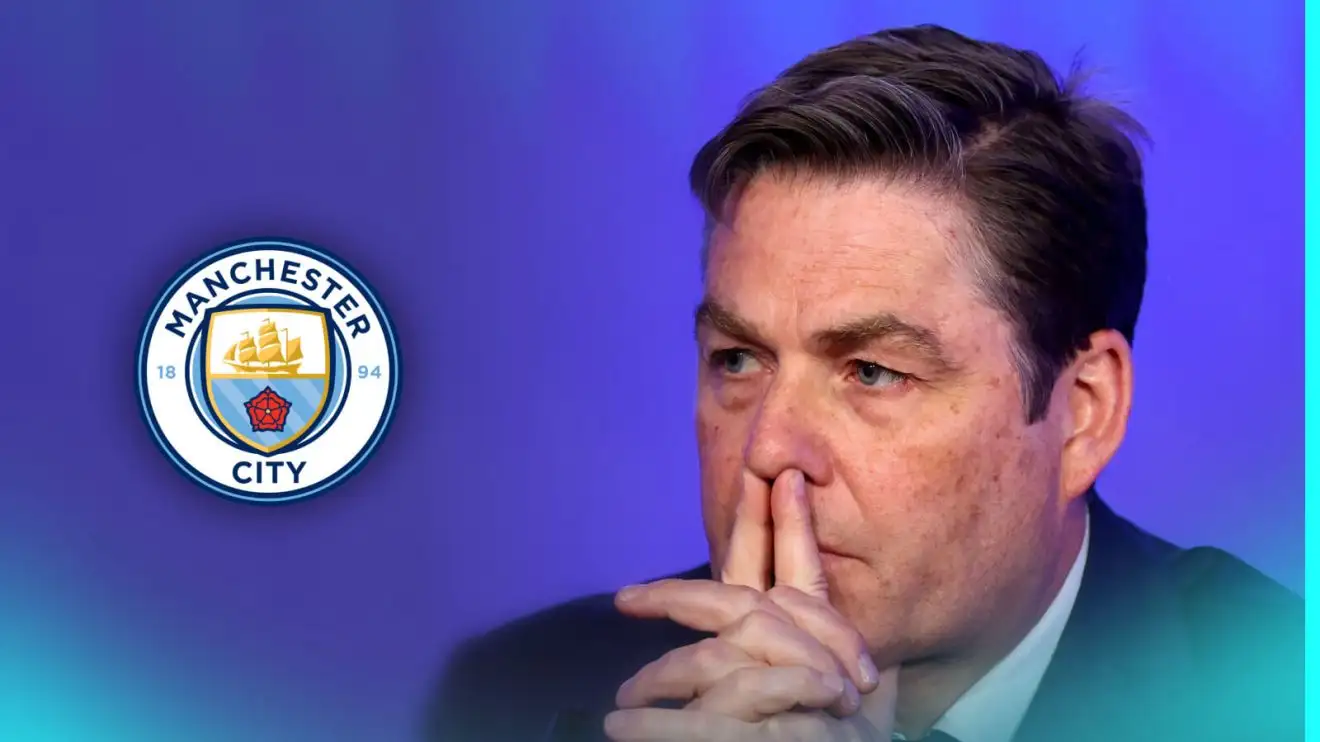
The ongoing investigation into Manchester City’s alleged breaches of the Premier League’s Profit and Sustainability Rules (PSR) has reached another critical juncture, with recent reports indicating that the hearing has been paused. This development, while procedural, could result in significant complications for the Premier League, particularly if sanctions are imposed that impact the broader competitive landscape. As the case stretches on, it presents a looming dilemma for all stakeholders involved, including Manchester City, rival clubs, and the league itself.
Background of the Case: Years in the Making
The Premier League’s investigation into Manchester City’s financial practices began in 2018, following persistent allegations that the club had violated Financial Fair Play (FFP) regulations. These rules are designed to ensure clubs operate within their financial means, preventing excessive spending that could destabilize the league. However, the complex nature of the charges and various legal maneuvers meant it wasn’t until February 2023 that the Premier League formally charged City with 115 alleged breaches.
These charges are multifaceted, covering several key areas:
- Sponsorship Deals: Questions have been raised about the true value of Manchester City’s sponsorship agreements, particularly whether the club inflated revenues to circumvent FFP restrictions.
- Financial Reporting: The charges allege discrepancies in the financial information submitted by the club, including player and manager remuneration details.
- Club Responsibility: As a Premier League member, City is expected to adhere strictly to the league’s financial rules, and any violation could have severe repercussions.
Given the sheer scale and complexity of the allegations, the independent commission tasked with examining the case has faced a daunting challenge. The hearing, which began in September, has reportedly reached a critical phase as both parties prepare their closing arguments. However, according to The Times, the proceedings have been temporarily paused, adding yet another layer of uncertainty to an already convoluted process.
The Potential Impact on the Premier League
One of the primary concerns surrounding this case is the timeline. The hearing’s delay means that a final judgment is unlikely to be delivered before the end of the current Premier League season. This delay raises several pressing questions, particularly regarding the potential consequences for Manchester City and the broader league.
If sanctions are imposed on City, they could range from hefty fines to points deductions or even expulsion from the league. Such penalties would not only impact City’s standing but could also alter the competitive balance of the Premier League. For instance, a points deduction could affect the title race, Champions League qualification spots, and relegation battles, leading to widespread ramifications for other clubs.
Furthermore, the potential for appeals complicates matters further. Legal experts suggest that any appeal process could extend the case well into 2025 or even 2026. Keith Wyness, former CEO of Everton, highlighted this in an interview with Football Insider, stating, “Once the deliberations have been made public, and I imagine there will be a three or four-hundred-page document, there will likely be an appeal. We could be talking about the end of 2025 or even 2026. Let’s just wait and see how we go with the initial verdict and see if cool heads can prevail.”
A Procedural Pause with Far-Reaching Consequences
The current pause in the hearing is reportedly to allow both Manchester City and the Premier League to prepare their closing arguments. These arguments are expected to commence in early to mid-December, but the timeline for a final judgment remains uncertain. Legal experts have noted that similar complex financial cases often experience significant delays. For example, one high-profile case heard by the High Court last year involved a 13-week hearing, yet the judgment has still not been issued over a year later.
This uncertainty creates a precarious situation for the Premier League. Should sanctions be imposed, they could face backlash from various quarters, particularly if clubs believe the league has mishandled the process or if the penalties are perceived as too lenient or harsh. The potential for legal challenges and appeals further complicates the scenario, as any protracted dispute could overshadow the league’s integrity and governance.
Manchester City’s Position and Broader Implications
Manchester City has consistently denied any wrongdoing, maintaining that their financial practices are transparent and compliant with regulations. The club has previously faced similar scrutiny, notably from UEFA, which banned City from European competitions for two years in 2020. However, that decision was overturned by the Court of Arbitration for Sport (CAS), which found insufficient evidence to support the charges.
City’s robust defense and willingness to challenge any adverse ruling indicate that this case could become a prolonged legal battle. The club’s vast resources and legal expertise mean they are well-prepared to contest any unfavorable outcomes, potentially dragging the process out for years.
The broader implications of this case extend beyond Manchester City. The outcome could set a precedent for how financial regulations are enforced in the Premier League, with significant ramifications for other clubs. If City is found guilty and sanctioned, it could prompt a closer examination of other clubs’ financial practices, leading to a broader crackdown on FFP violations. Conversely, if the charges are dismissed or the process is perceived as flawed, it could undermine the credibility of the Premier League’s governance structures.
Conclusion: A Test of Governance and Integrity
As the hearing enters its final stages, the stakes could not be higher for Manchester City and the Premier League. The case represents a critical test of the league’s ability to enforce its financial regulations and maintain a level playing field. For City, it is an opportunity to clear their name and move past years of scrutiny. For the Premier League, it is a chance to demonstrate that no club is above the rules.
However, with the process likely to drag on for months—or even years—questions about transparency, fairness, and governance will continue to loom large. The ultimate outcome of this case could reshape the landscape of English football, setting a precedent that will be felt for years to come.
Leave a Reply